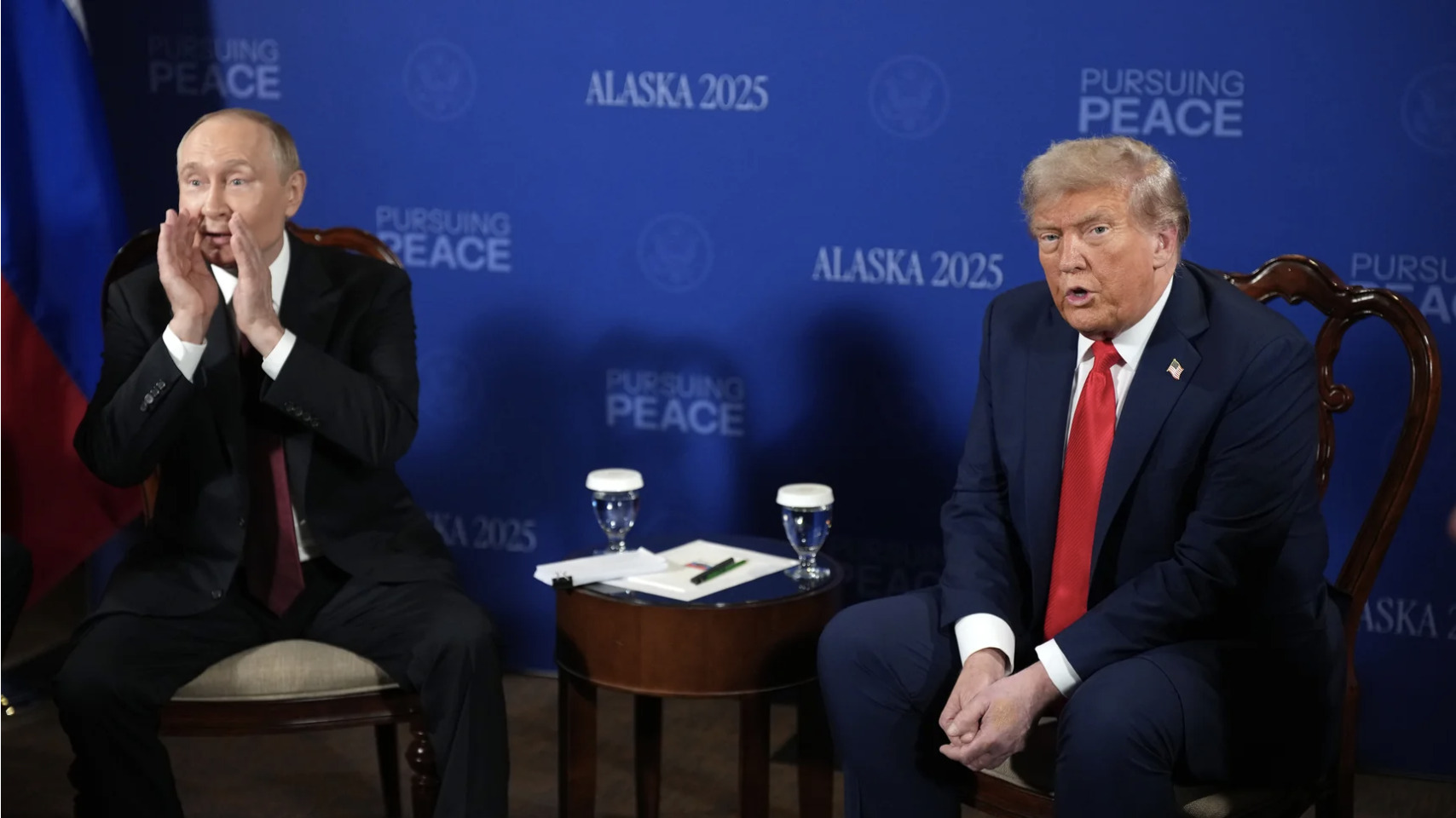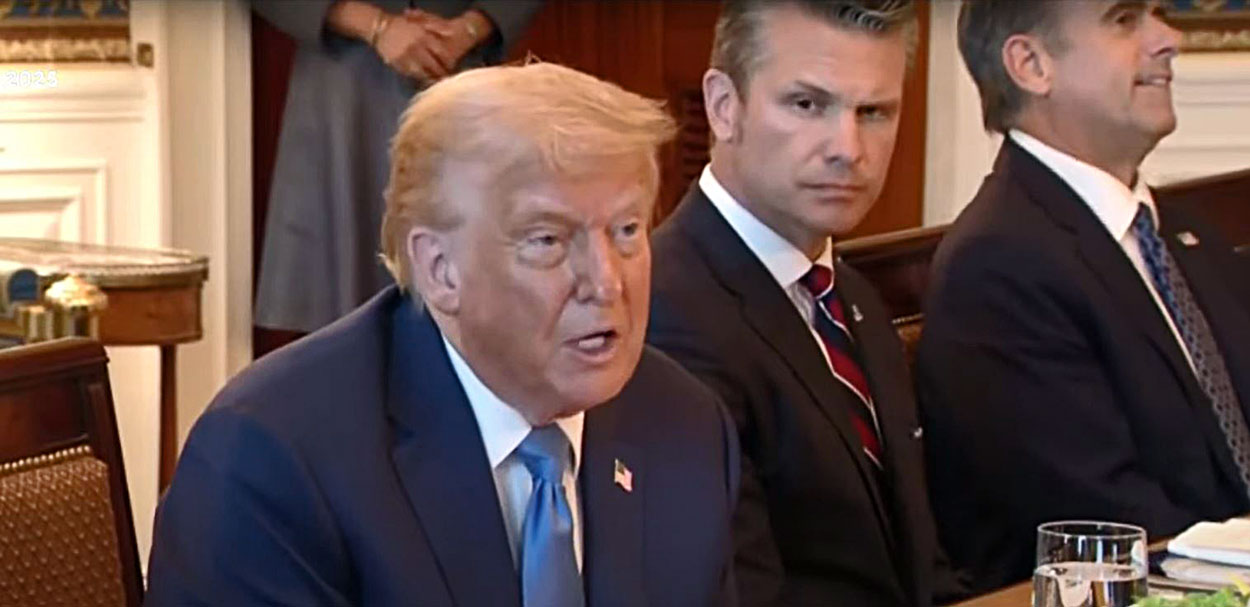Ukraine’s Deputy Foreign Minister Serhii Kyslytsia says those hoping for peace after Putin’s disappearance are making a dangerous mistake. He warns that Putin’s removal would not automatically change Russia’s behavior or undo the ideology behind its actions.
Hoping for Putin’s death is dangerously naive: Putinism will not die with Putin
In an interview with Ukrinform published on 25 September, Serhii Kyslytsia said it is “completely irresponsible” to believe that the end of Vladimir Putin’s rule will lead to peace. According to him, Putinism is deeply embedded in Russian society and institutions.
“Those who believe that the physical disappearance of Putin is the answer to all our problems are deeply mistaken,” he said. “Putinism is so deeply rooted that to hope Putin will disappear and Russia will somehow miraculously turn into a peaceful democratic country is completely irresponsible.”
Kyslytsia emphasized that this mindset carries a real danger. He pointed to a possible scenario in which new Russian officials present themselves to the West as a break from Putin, while continuing the same policies under different names.

Trump still wants to get deal and to make money with Putin despite change of Ukraine’s rethoric, former US envoy says
Ukraine must rely on its own strength
Asked about the broader implications for Ukraine, Kyslytsia said the country must stop expecting others to protect it. He argued that Ukraine has to be militarily and economically strong on its own.
He gave an example from Germany, saying the problem is not bad weather, but how one dresses for it.
“Ukraine must always be so ‘dressed’ and so armed that it can withstand the sun, rain, and snow. It sounds simplistic, but that’s how it is,” Kyslytsia said.
He also stressed that becoming a member of NATO and the European Union would help Ukraine defend itself more effectively and cost-efficiently.
“We cannot hope someone will protect us if we’re not capable of protecting ourselves,” he said.

WSJ: EU sees a trap in Trump’s Russia demands for Europe — and some fear it’s meant to fail on purpose
Ceasefire must come — or be forced
Kyslytsia said that while Ukraine supports a ceasefire, it cannot be blind to realities. Ideally, a truce should be mutual, but if Russia refuses, it may have to be imposed. He emphasized that diplomacy with a party that constantly breaks its promises is nearly impossible.
“In diplomacy, we have the concept of confidence-building measures,” he said. “But keep in mind, there is absolutely no trust toward the Russians. And if you have no trust in your counterpart, reaching any sort of agreement becomes extremely difficult. Can anyone seriously take the word of a country’s leader — a dictator — who has betrayed every oral, written, and ratified promise?”
While Ukraine will continue talks, Kyslytsia said a ceasefire might only be achieved when Ukraine’s defenses become so strong that Russian missile attacks lose their effectiveness.
Europe must wake up — or face what Ukraine has
Kyslytsia warned that if Western partners delay action, they risk repeating Ukraine’s fate. He said some European countries seem stuck in a post-Cold War illusion of safety, focused more on comfort than defense.
“If they bury their heads in the sand, they’ll face the same as Ukraine,” he said. “History is cyclical. Europe has seen this before.”
He pointed to past Soviet invasions in Finland, Poland, and Czechoslovakia as examples.
According to Kyslytsia, the lesson is clear: those who hesitate to help Ukraine now will pay far more to defend themselves later.





